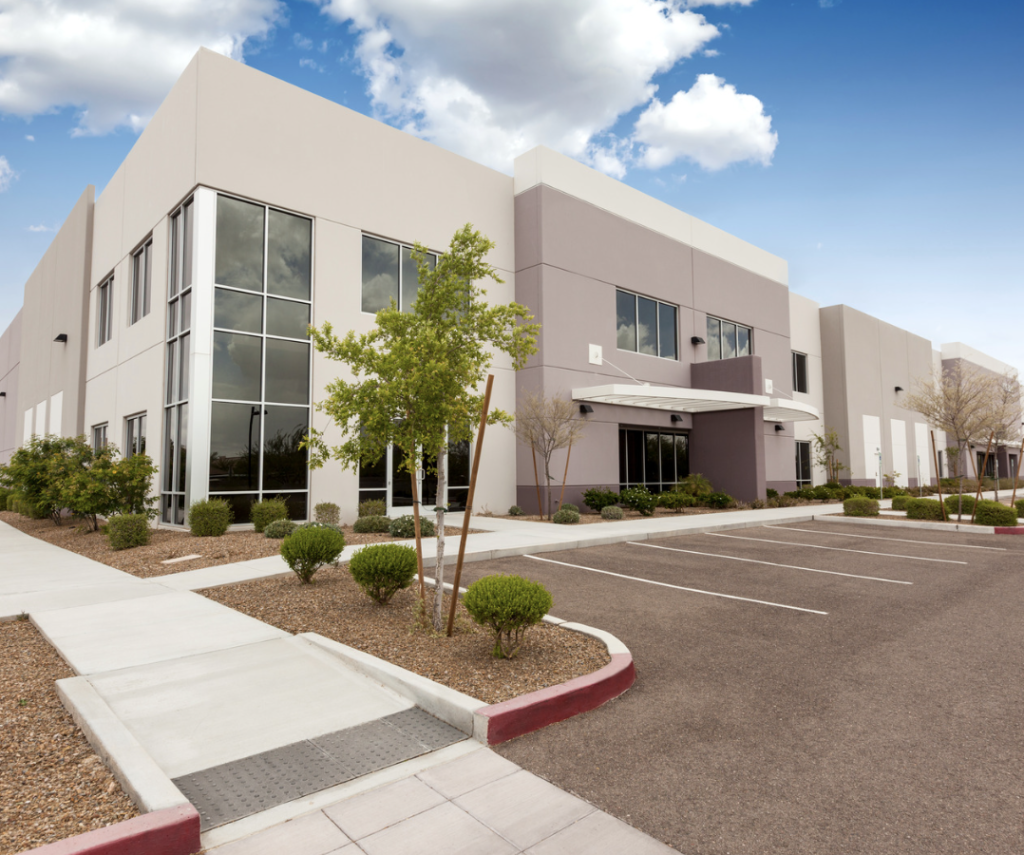As a real estate investor or business owner, it’s important to understand the differences between commercial and residential real estate. While they may seem similar, they have distinct characteristics and unique challenges. In this blog post, we’ll explore the differences between commercial and residential real estate and provide insights from Anthony DiCicco, a knowledgeable and experienced real estate agent.
If you’ve ever wondered about the difference between commercial property and residential property, it’s essential to know how each serves a different purpose and requires a different approach to investment.
Commercial Real Estate
Commercial real estate is any property used for business purposes, such as retail stores, office buildings, and warehouses. It’s typically bought and sold by businesses or investors, and its value is often based on its income-generating potential. Some of the key differences between commercial and residential real estate include:
- Higher Costs: Commercial properties are often more expensive than residential properties due to their size, location, and infrastructure. Investors also need to consider additional costs such as property taxes, maintenance, and insurance.
- Longer Lease Terms: Commercial leases are typically longer than residential leases, ranging from 3 to 10 years. This provides stability for both the landlord and tenant, but also means that changes in the market can take longer to reflect in the lease rates.
- Higher Rental Rates: Commercial tenants often pay more in rent than residential tenants due to the higher operating costs of commercial properties. However, commercial tenants are also more likely to negotiate their lease terms, such as rent increases and renewal options.
- More Complex Transactions: Commercial real estate transactions are typically more complex than residential transactions due to the larger size, higher costs, and longer lease terms. Investors may need to work with attorneys, appraisers, and other professionals to navigate these transactions.

Residential Real Estate
Residential real estate refers to properties used for personal purposes, such as single-family homes, condos, and apartments. Residential properties are typically bought and sold by individuals or families for their own use, rather than as an investment. Some of the key differences between commercial and residential real estate include:
- Lower Costs: Residential properties are typically less expensive than commercial properties, making them more accessible to individual buyers. The lower costs also mean that there are more potential buyers, which can lead to more competition and higher prices in some markets.
- Shorter Lease Terms: Residential leases are typically shorter than commercial leases, ranging from 6 months to 1 year. This provides more flexibility for tenants, but also means that landlords may need to find new tenants more frequently.
- Lower Rental Rates: Residential tenants pay less in rent than commercial tenants due to the lower operating costs of residential properties. However, rental rates can vary widely depending on the location, size, and quality of the property.
- Simpler Transactions: Residential real estate transactions are typically simpler than commercial transactions due to the smaller size and lower costs. Buyers and sellers may work directly with a real estate agent or broker to navigate the transaction.

Why Choose Anthony DiCicco for Your Real Estate Needs?
As an experienced real estate agent, Anthony DiCicco has a wealth of knowledge and experience in both commercial and residential real estate. He can help you navigate the complexities of each market and find the right property for your needs. With a focus on providing exceptional customer service and personalized attention, Anthony is committed to helping his clients achieve their real estate goals. Whether you’re a business owner looking for a new commercial property or an individual looking for your dream home, Anthony has the expertise and dedication to make your real estate dreams a reality.
Understanding the differences between commercial versus residential real estate can help you make informed decisions when it comes to buying or selling property. It’s important to work with a knowledgeable and experienced real estate agent who can guide you through the process and help you achieve your goals.
If you’re in the market for a commercial or residential property, consider working with Anthony DiCicco. With his expertise and dedication to client satisfaction, he can help you navigate the complex world of real estate and find the perfect property to meet your needs. Contact him today to schedule a consultation and take the first step towards your real estate goals.


